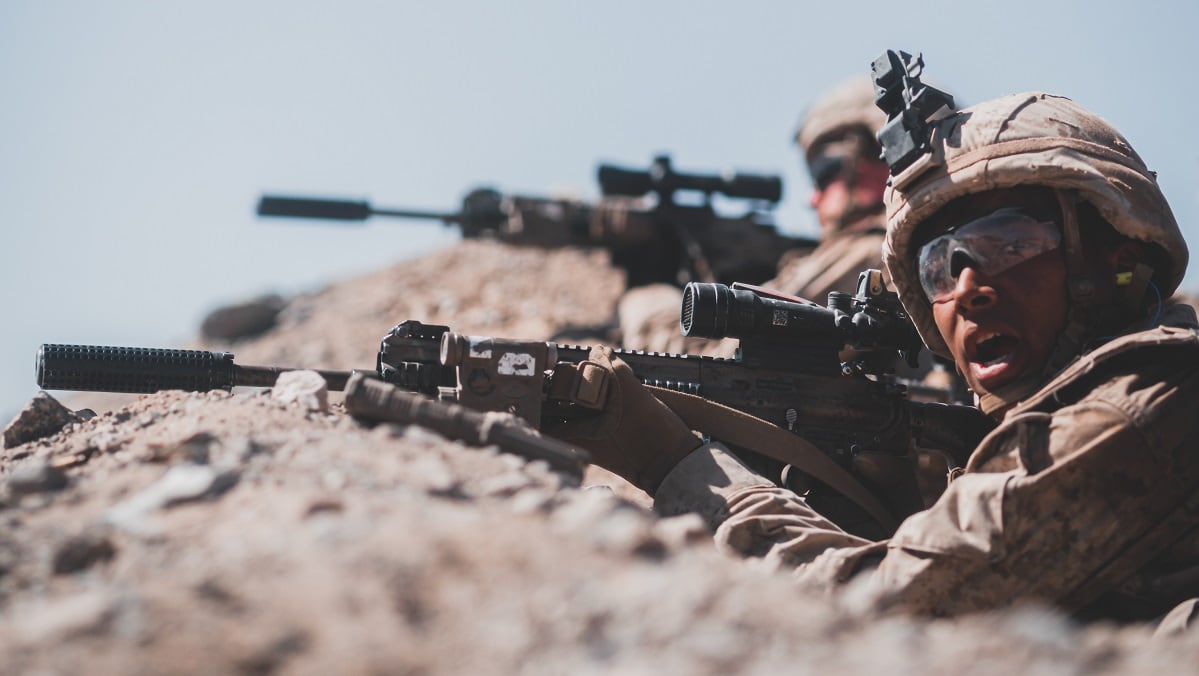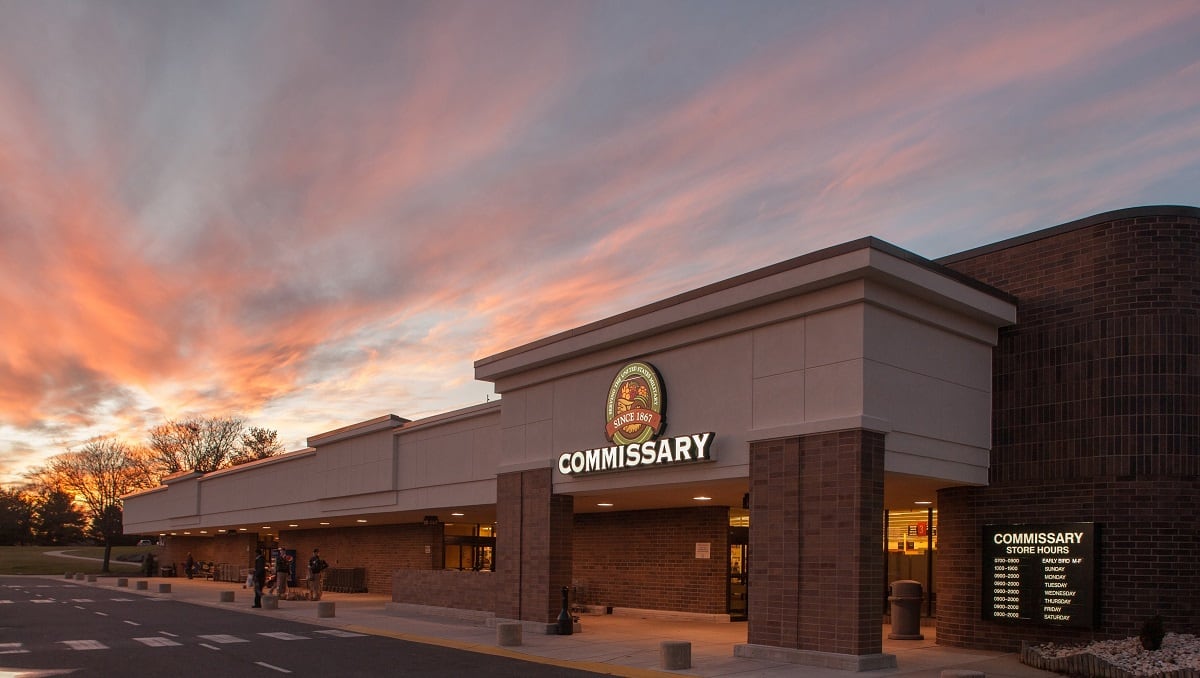Marine Corps Forces South has a new commander — this time a three-star general, up from a one star, signaling a greater priority on U.S. Southern Command and new mission opportunities for Marine reservists.
Lt. Gen. David Bellon’s position as both commander of Marine Corps Forces Reserve and Marine Corps Forces South, along with shifting prioritizations of the Marine Corps, will open up new opportunities for reservists to deploy, Bellon told Marine Corps Times in a phone call on Thursday.
This likely will come as a boon to Marine reservists who have seen dwindling deployments as the Corps has drawn down its forces in Iraq and Afghanistan.
“This is a tremendous opportunity for both the service and for (Southern Command) to increase readiness, while we are competing at a much higher level in the hemisphere,” Bellon said.
As as the new commander of Marine Corps Forces South, Bellon will report to Adm. Craig Faller with Southern Command, which has all of Central America, South America and the Caribbean in its area of responsibility.
RELATED

Keeping morale high
During the summer of 2018, Marine reserve unit 2nd Battalion, 23rd Marines, based out of Pasadena, California, deployed to Okinawa, Japan, as part of a unit deployment program.
That deployment was a rare occurrence and sign of the times.
In 2018 a total of 2,135 Marine reservists deployed to 41 counties. In 2019 that number climbed to 2,624 reservists who deployed to 45 “operational requirements,” Maj. Roger Hollenbeck, a spokesman for Marine Corps Forces Reserve, told Marine Corps Times on Friday.
But in 2020 that number dropped to only 1,044 reservists deploying to 20 “operational requirements,” while in 2021 only 966 reservists have been projected to deploy to “28 formations,” Hollenbeck said.
The Marine Corps has spent the past several years drawing down its traditional combat deployments.
A Southern Command deployment likely would see Marines conducting training missions alongside allied nations, using Marines to build trust and relations with nations that China may be trying to influence.
Bellon said he plans on listening to the partner nations and provide Marines based on their security and training needs.
“It is truly a partnership, we cannot secure the hemisphere without our partners,” he added.
Increased training and deployments to Southern Command will go a long way in making the Marine reserves a force equally as reliable as the active duty Marine Corps, a key point in Marine Corps Commandant Gen. David Berger’s plan for the future of the Corps.
“Our future force … will be a single, integrated total force, and not distinct and semi-independent active and reserve components,” Berger said in the Force Design 2030 document, released in March 2020.
Bellon said, “We can’t think along the historic paradigm of an active force and reserve force. We have to seek talent and capacity as one force, Marines.”
The added role for Marine reservists will go far in keeping morale high and keeping Marines in reserve units, Bellon said.
Roughly 25 percent of the Marine Corps Reserve is made up of Marines who have the option to quit before every drill date, Bellon said.
“Every month they decide with their boots whether they are going to show up or not,” Bellon said.
“I think about that sergeant or that captain out there who is balancing a really complicated life to sustain that obligation as marine leader in the reserve component. ... They will go through their service as leaders in the Marine reserves and will have an enduring mission.”
Southern Command’s greatest threat
The Marine Corps is upping the priority of Marine Corps Forces South as part of its preparation to compete with China and its shift away from the Middle East.
Faller identified China as the “greatest” threat the U.S. faces in Southern Command, alongside transnational criminal organizations, while talking to reporters at the Pentagon in March.
“China is the greatest long-term strategic threat to the security in the 21st century, the Chinese Communist Party’s insidious, and corrosive and corrupt influences at work globally and in this region,” Faller said at a U.S. Northern Command-U.S. Southern Command Joint Press Briefing on March 16.
The admiral said China was aggressively pursuing port deals, handing out loans to nations in the hopes of gaining political leverage and was even infringing on the region’s fishing rights.
Bellon echoed Faller’s focus.
“Typically, people think of the Marine Corps in the conflict phase of the war … but the era that we’re in, we call it great power competition for a reason,” Bellon said. “Within the (Southern Command) area of responsibility there is significant ongoing competition, that candidly we as a nation are probably late to.”
Bellon took over the command Friday from Col. Michael McWilliams at a ceremony near Miami in Doral, Florida, where U.S. Southern Command is located.
The general is no stranger to Marine Corps Forces South, previously having served as its commander when it was a brigadier general’s billet, according to a Friday press release.
He also has served as the director of strategy, policy and plans for U.S. Southern Command.
McWilliams, who already has been selected for promotion to brigadier general, will remain at the command as a Bellon’s deputy, helping mitigate some of the issues that come from having one commander in charge of two commands.
“It’s huge,” Bellon said about having a deputy assigned to the command.
“Both jobs, MARFORRES and MARFORSOUTH, require extensive travel and presence so you have to expand the capacity of the command element,” Bellon told Marine Corps Times.
Putting Marine Forces South under a three-star general has been something the Corps has contemplated for years, Bellon said, adding that the extra stars on his shoulders will “logically” make it easier for Congress and the Department of Defense to distribute resources to the command.





